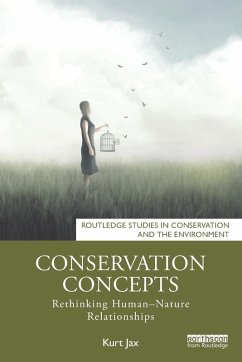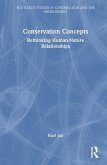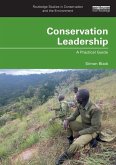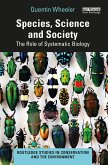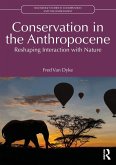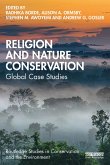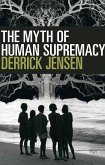This book provides a review of the multitude of conservation concepts, both from a scientific, philosophical, and social science perspective, asking how we want to shape our relationships with nature as humans, and providing guidance on which conservation approaches can help us to do this.
Nature conservation is a contested terrain and there is not only one idea about what constitutes conservation but many different ones, which sometimes are conflicting. Employing a conceptual and historical analysis, this book sorts and interprets the differing conservation concepts, with a special emphasis on narrative analysis as a means for describing human-nature relationships and for linking conservation science to practice and to society at large. Case studies illustrate the philosophical issues and help to analyse major controversies in conservation biology. While the main focus is on Western ideas of conservation, the book also touches upon non-Western, including indigenous, concepts. The approach taken in this book emphasises the often implicit strategic and societal dimensions of conservation concepts, including power relations. In finding a path through the multitude of concepts, the book showcases that it is necessary to maintain the plurality of approaches, in order to successfully address different situations and societal choices. Overall, this book highlights the very tension which conservation biology must withstand between science and society: between what is possible and what we want individually or as a society or even more what is desirable. Bringing some order into this multitude will support more efficient conservation and conservation biology.
This book will be of great interest to students and scholars studying nature conservation from a variety of disciplines, including biology, ecology, anthropology, sociology, geography, and philosophy. It will also be of use to professionals wanting to gain an understanding of the broad spectrum of conservation concepts and approaches and when to apply them.
Nature conservation is a contested terrain and there is not only one idea about what constitutes conservation but many different ones, which sometimes are conflicting. Employing a conceptual and historical analysis, this book sorts and interprets the differing conservation concepts, with a special emphasis on narrative analysis as a means for describing human-nature relationships and for linking conservation science to practice and to society at large. Case studies illustrate the philosophical issues and help to analyse major controversies in conservation biology. While the main focus is on Western ideas of conservation, the book also touches upon non-Western, including indigenous, concepts. The approach taken in this book emphasises the often implicit strategic and societal dimensions of conservation concepts, including power relations. In finding a path through the multitude of concepts, the book showcases that it is necessary to maintain the plurality of approaches, in order to successfully address different situations and societal choices. Overall, this book highlights the very tension which conservation biology must withstand between science and society: between what is possible and what we want individually or as a society or even more what is desirable. Bringing some order into this multitude will support more efficient conservation and conservation biology.
This book will be of great interest to students and scholars studying nature conservation from a variety of disciplines, including biology, ecology, anthropology, sociology, geography, and philosophy. It will also be of use to professionals wanting to gain an understanding of the broad spectrum of conservation concepts and approaches and when to apply them.

